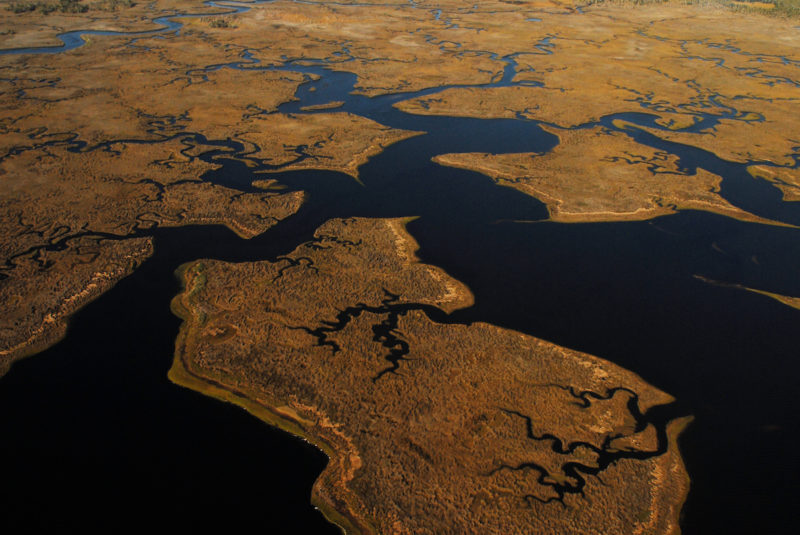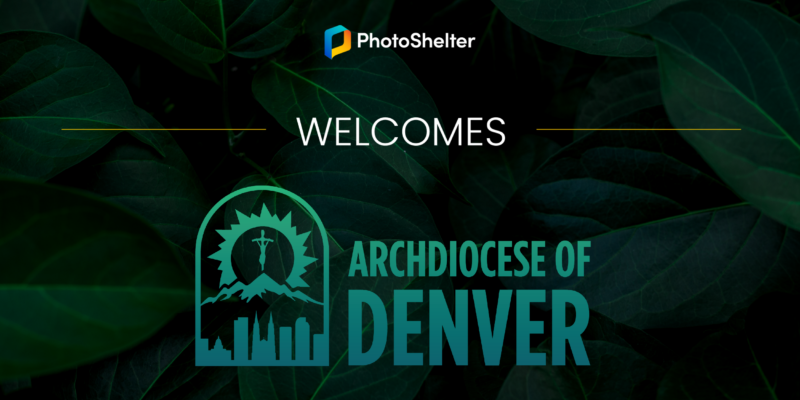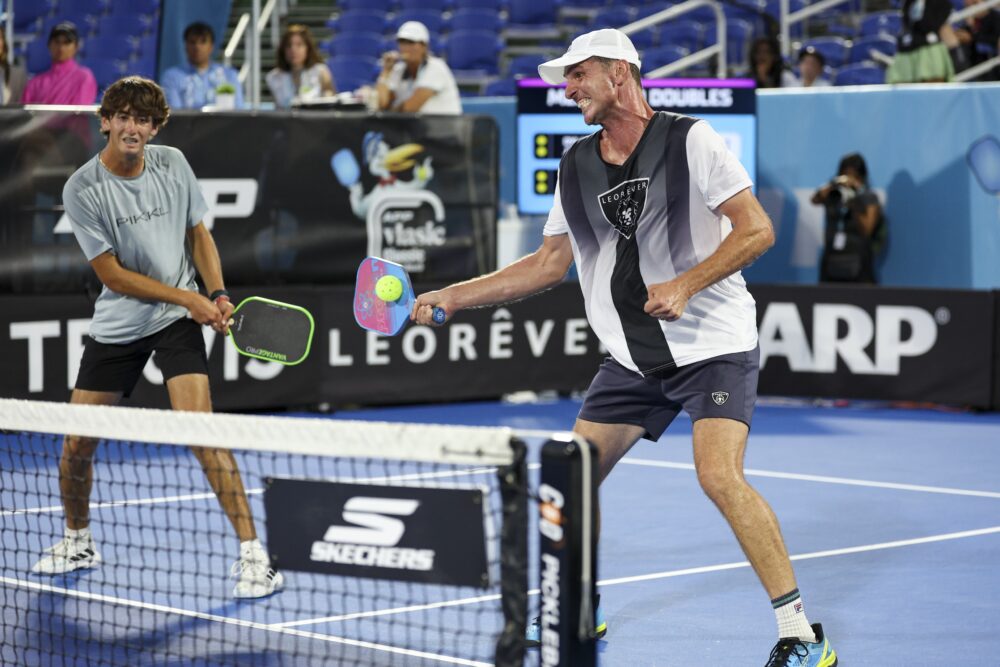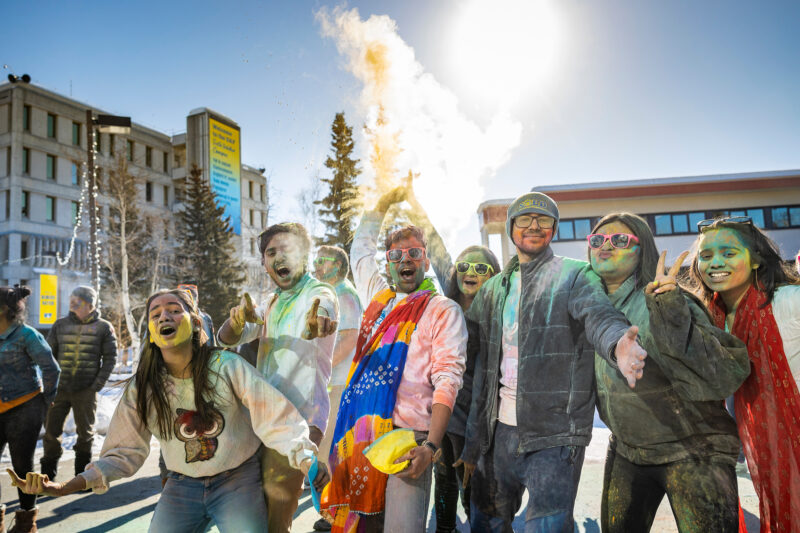The University Photographers’ Association of America (UPAA) starts Monday, and we couldn’t be more excited!
We’ve been counting down to the conference with some hot topics in photography on campus. So far, we’ve shared some exciting projects these photographers are working on, their workflow tips and lessons learned, their take on how video is affecting university photographers, and the stories behind their favorite photos.
Now, we’re ready to talk about the future. We asked: Where do you see photography – and the role of a university photographer – in say 5, 10, 15 years?
Check out their answers below, and share your own in the comments!
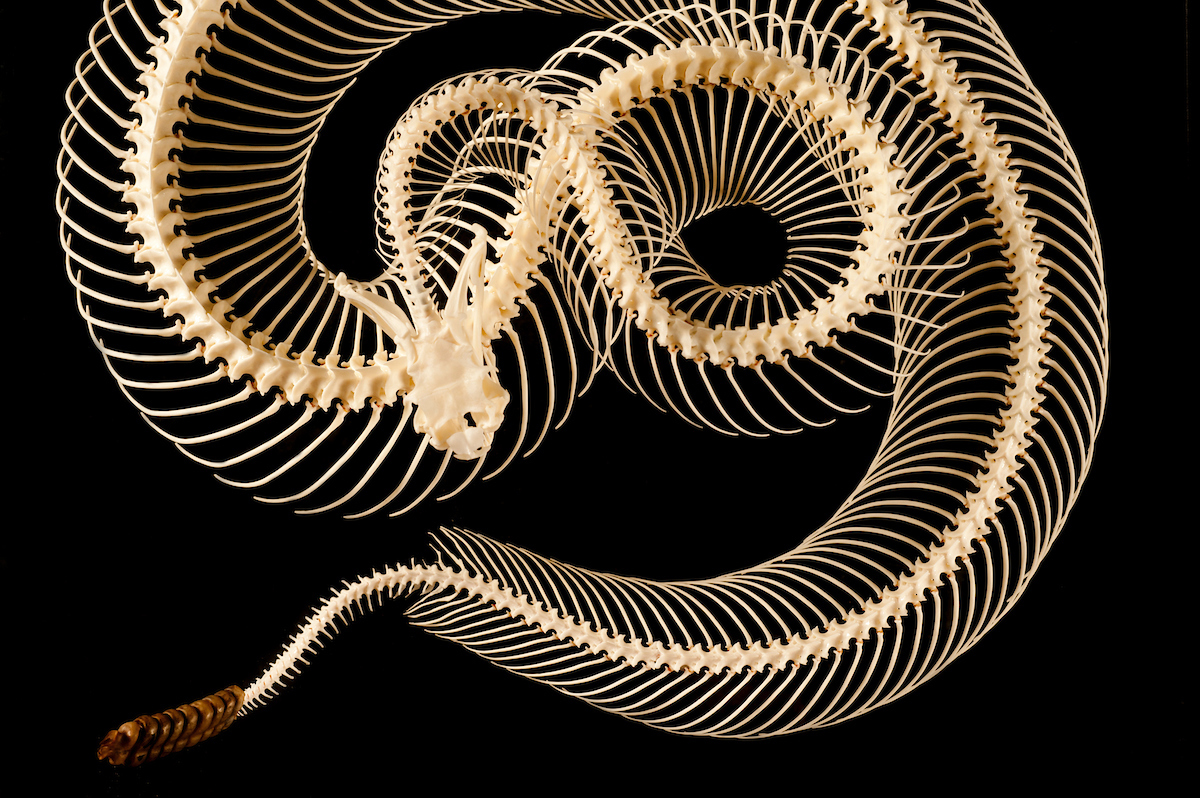
Kristen Grace, Florida Museum of Natural History, University of Florida
Indeed, the world of photography has changed at a dizzying pace over the last 20 years. I think it’s been challenging for the industry to keep up with new trends and technology and navigate the demand for content that comes fast and lives a short life. But I get the feeling that things may be leveling out. New ways of storytelling have emerged, especially in the field of higher education photography. Video is highly desirable in the current industry, so I definitely see the trend of having both photo and video skills continuing. I think we are at a time when storytelling is at its best with collaboration. There are too many ways to package and share stories for one person alone. It seems that, and I am speaking from within an organization, when a team can contribute their individual talents collectively, there may be a broader impact. For example, here at the museum we have photographers, videographers, writers and social media teams working closely together to deliver stories across several mediums simultaneously.

Samantha Strahan, Ball State University
I believe the world will always need photographers, whether they choose to accept that or not. We love to see ourselves, our friends, our families, see places we may never visit, remember places we’ve been and things we’ve seen.
The same applies to being a university photographer. Prospective students want to see where they’ll be living, where they’ll be studying, what kind of activities and organizations they can join; they want to picture themselves there. I believe photos and video have a huge connection with enrollment that increases the need for a university photographer.
I would be curious to see how social media changes over the years and how that will affect photography and the requirements of a university photographer.
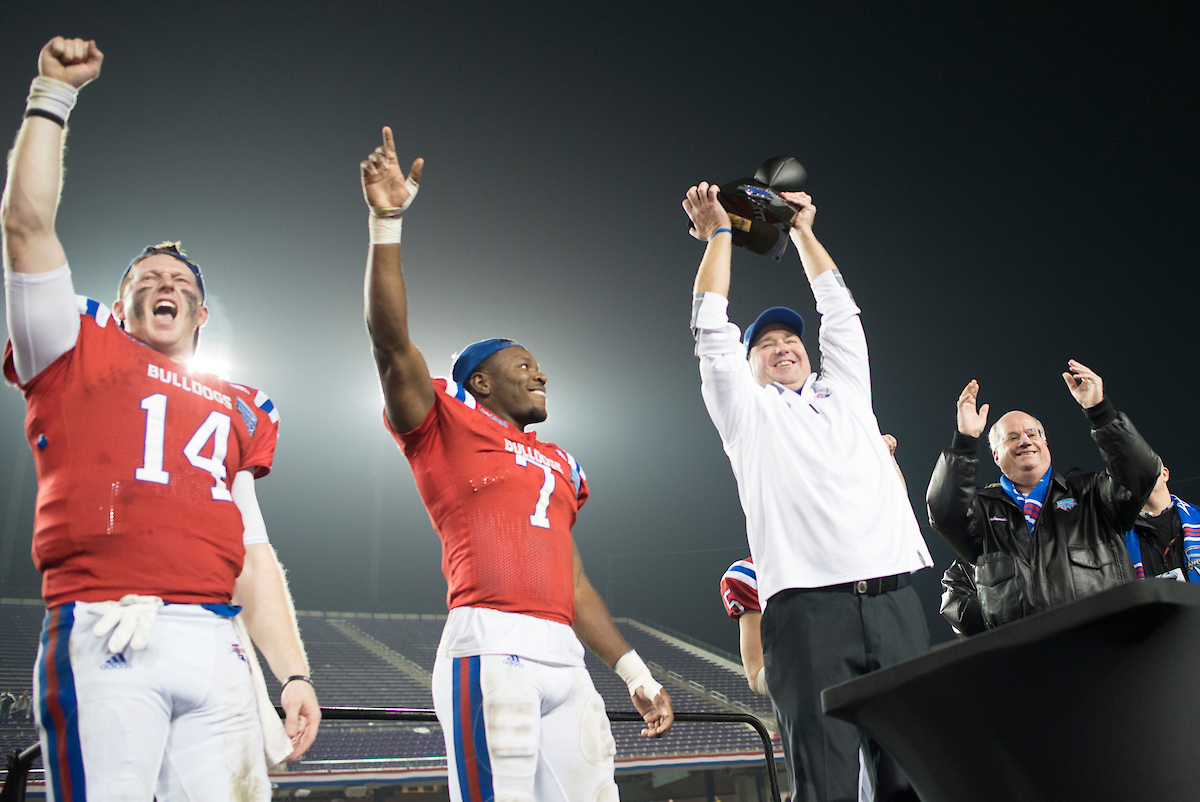
Donny Crowe, Louisiana Tech University
Good quality photography should be important to our colleges and universities. Attracting the best student requires images that stand out. Alumni have pride in their Universities and want to see how things have changed and how their contributions are being used. As university photographers we have to think of ways to do our work that someone with a simple camera or phone camera can’t do. Think higher, lower, places that may not be accessible during an event to place a camera. Make images no one else can.
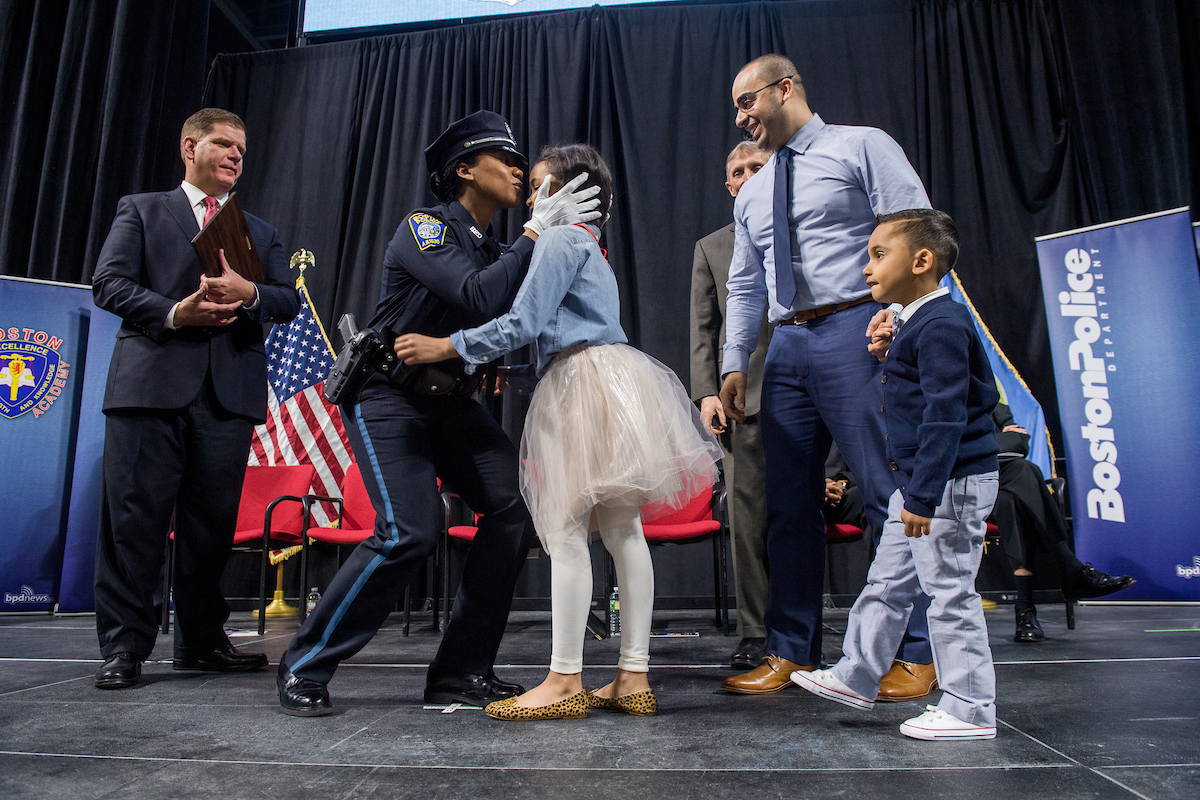
Cydney Scott, Boston University
I feel fortunate to work somewhere that puts a high importance on strong photography, because it helps me feel valued and challenges me to do my best. While effects like 3d images, gifs and cinemagraphs, have their place and application, I don’t feel they replace the effectiveness of a well-composed still image capturing a moment. Today we are always inundated with information – words, sound, movement, etc. There is something peaceful about regarding a still image and slowing down to appreciate it. I hope that strong still photography always has a place in the world, including higher education.
